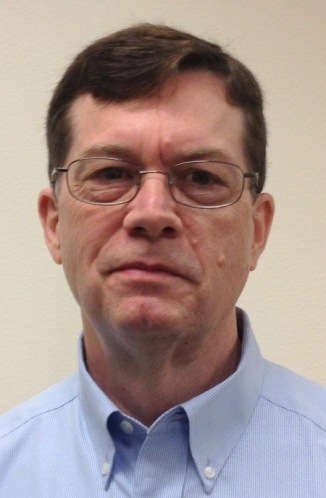AARP Hearing Center
By Bob Jackson
As the director of AARP Texas, I am often asked about our Hispanic strategy for the state. The reality is we integrate our work in the Hispanic community into everything we do. From Brownsville to El Paso and from Houston to Dallas, the Hispanic community is key to our work, and its contributions essential to our growth and prosperity as a state.
From the days of San Antonio-native Juan Seguin--probably the most famous Tejano to be involved in the War of Texas Independence--to current TV and film actress and Corpus Christi-native Eva Longoria, as our Hispanic community goes, so goes Texas. So as we observe the 31 days from September 15 through October 15 as “Hispanic Heritage Month” (Mes de la Herencia Hispana), it’s good to keep in mind that in a state where nearly 40 percent of the population is of Hispanic origin and so much of all Texans' shared culture and history is strongly influenced by Hispanic contributions, this observance is really more of a daily celebration.

While the Hispanic population is quickly dispersing across the country, it’s still anchored mainly in three states: California, Florida and Texas. The Census Bureau projects that Hispanics will comprise 25 percent of our nation’s population by 2050 while, in Texas, Hispanics are poised to become the largest group within 10 short years.
But the Hispanic story is much more than just population numbers. It's also one of growing influence, economic prosperity and educational attainment. The needs and interests of the Hispanic community are rooted in the family, and older generations often look to adult children for trusted advice. Many important decisions, such as retirement and health care, are made across generations within families.
It should be no surprise then that reaching into Hispanic communities and collaborating with local leaders and groups is crucial to work for social change in states like Texas. Groups like MALDEF and LULAC are fighting the good fight for Hispanic civil rights. Southwest Key, based in Austin, is raising the bar on education. La Fe, with roots in El Paso and San Antonio, is making sure that health care is available and affordable. To effectively enact social change on issues that matter to Texans and to Hispanics, organizations like AARP must have a strong local strategy, and this strategy involves getting to know and collaborating with the leaders of organizations like these, leaders who make a difference in communities day in and day out.
While things are looking up, the Hispanic story still includes some ongoing and difficult challenges. For example, Texas was just again ranked the state with the highest rate of uninsured residents, and more Texas Hispanics are uninsured than any other group. Around 37 percent of Hispanics have no health insurance, compared to 21 percent of African-Americans and Asians and 14 percent of whites. That’s why it's so important to get out the word, both in English and Spanish, on how to find coverage through the new Affordable Care Act marketplace and to continue fighting to expand Medicaid coverage in our states.
Hispanics are no different than the majority of the population in their reliance on Social Security and Medicare as a foundation for long-term economic security and peace of mind, except slightly even more so. For example, in 2011 among Hispanics receiving Social Security, 44 percent of elderly married couples and 61 percent of elderly unmarried persons relied on Social Security for 90 percent or more of their income. Meanwhile, Medicare continues to allow millions of Hispanics access to health care starting at age 65, while protecting countless children and disabled persons who are also eligible for benefits under the program.
It's important then that all of us who have paid into these programs reach out to our elected leaders and urge them to protect their long-term stability and solvency. This is an issue that cuts across generations and affects or will affect all of us, either today or tomorrow.
Just as the Spanish language has special accents and nuances not found in English, when it comes to fighting for Texans, we may stress and punctuate our outreach efforts in varying ways, but at the end of the day, we’re all in this together. We hope you'll join us in commemorating the contributions of Hispanics in Texas this month--and every day--as well as working to make our state a better place for Hispanics--and all Texans.
Bob Jackson is director of AARP Texas.































































